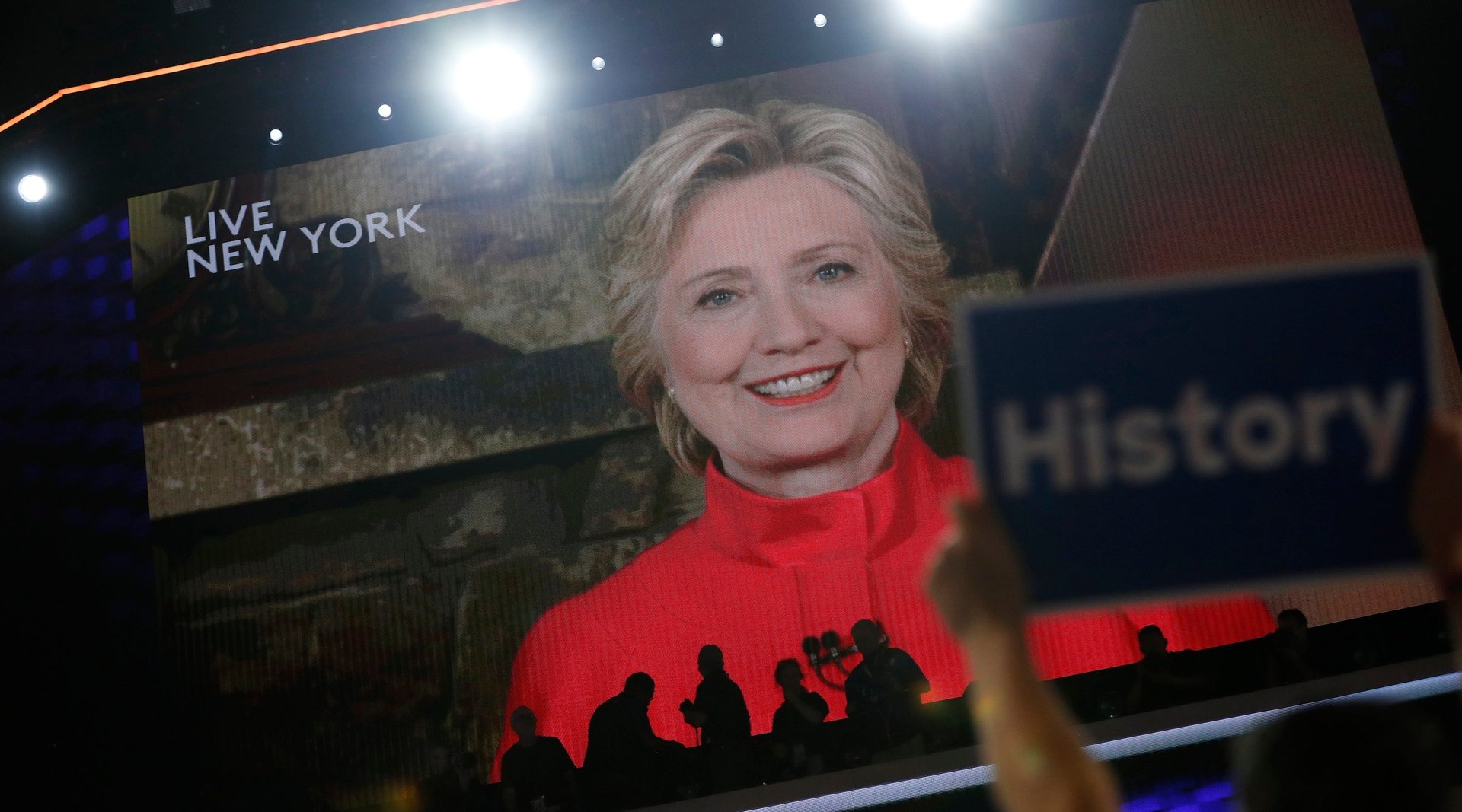America sets a higher bar for Hillary Clinton than it ever would for a male candidate
Perhaps the most fascinating aspect of a matchup between Republican and Democratic nominees Donald Trump and Hillary Clinton is the disparity of person vs. persona each presents.


Perhaps the most fascinating aspect of a matchup between Republican and Democratic nominees Donald Trump and Hillary Clinton is the disparity of person vs. persona each presents.
For both candidates, the latter has been arguably elevated above the former—albeit in entirely different ways. For Donald Trump, the campaign has been predicated on the successful marketing of persona—of exaggerating a past and resume, of buffing out failures, of essentially dismissing numerous, almost daily-surfacing contradictions. Trump embraces the persona, because Trump the person is not all that compelling a figure—a rich boy from an affluent neighborhood who, like thousands of men before him, built on that advantage. And Trump the person is certainly not someone qualified for office. (Though the same argument could surely be made with regards to his persona.)
For Hillary, 2016 is all about escaping persona. Though it’s certainly a matter for debate, there may not be a single American politician alive today caked in more layers of media concocted and reinforced narrative than the former Secretary of State. As pointed out in his essay for The Policy, Michael Arnovitz writes:
To conservatives she is a radical left-wing insurgent who has on multiple occasions been compared to Mikhail Suslov, the Soviet Kremlin’s long-time Chief of Ideology. To many progressives (you know who you are), she is a Republican fox in Democratic sheep’s clothing, a shill for Wall Street who doesn’t give a damn about the working class. The fact that these views could not possibly apply to the same person does not seem to give either side pause. Hillary haters on the right and the left seem perfectly happy to maintain their mutually incompatible delusions about why she is awful. The only thing both teams seem to share is the insistence that Hillary is a Machiavellian conspirator and implacable liar, unworthy of society’s trust.
Arnovitz goes on to essentially debunk this narrative, echoing former New York Times editor Jill Abramson in his assessment of the Democratic nominee—that she is fundamentally, though certainly not comprehensively honest. And yet, one in five US voters say Hillary is “dishonest” or “a liar.”
This is not ideal positioning for any presidential candidate in any year—but especially not at a time when it seems more Americans than ever are expressing a real distaste for politics as usual. How does a woman who has weathered the eye of the political storm for going on three decades genuinely portray herself as a bringer of necessary change?
She reinvents herself. She “evolves” on same-sex marriage. She changes her mind on the Trans-Pacific Partnership. She publicly expresses regret for her senatorial vote to invade Iraq.
“Flip-flopper!” her critics screech. Once again, Clinton finds herself confronted with an obstacle on the road to election-winning poll numbers—how does one reinvent oneself without simultaneously acquiring that most dreaded of political epithets? (Arguably one of the most significant criticisms hurled at Mitt Romney during his 2012 run at the White House.) It’s a rather confounding and seemingly contradictory set of criteria: Don’t be stale, be the candidate of progress and change; but don’t change too quickly, America hates a people-pleaser.
Contrast Hillary’s conundrum with the nation’s reception of her husband last night, as he addressed the Democratic National Convention in Philadelphia. A quick scroll through the typical American liberal’s Facebook newsfeed harvests an array of general praise; but most common is commentary along the lines of, “Bill is Bill, you’ve gotta love him.”
To say that Bill Clinton is unfettered by run-ins with scandal is to knowingly lie to oneself. And yet, it seems the American left possesses never-ending patience for the 42nd commander in chief. He remains a standard-bearer of the Democratic party, a beloved figurehead of the left. And yet his wife, in certain progressive circles, is a screaming war hawk barely to the left of Dick Cheney. She is a steely-eyed friend of Wall Street whose policy promises to minority communities are disingenuously cynical at best. She is impure.
To the right, she is a hardened liar; corrupt in the style of a banana republic caudillo who will do and say anything to eke out even the smallest amount of power and influence. She hates America, and will subsequently smother it under mountains of needless regulation and extra-special treatment of marginal communities—all for the sake of a good photo op.
And here Hillary Clinton finds herself sandwiched—between a far left that rejects her, and a right in its entirety that, for decades, plastered her in a planetary mantle of villainous mythology. And I cannot help but conclude that America simply sets forth a different set of expectations for women in positions of power. Whereas with men, we excuse imperfection, or even romanticize it. It falls in line with our beloved perceptions of the rascally rogue, or otherwise conforms to the notion that “nobody’s perfect.”
Our women must be ideological purists. We afford them no room for self-contradiction, or God forbid, a real error. We congratulated Bernie Sanders for shifting his position on gun control to the left. When Hillary does the same on trade or the minimum wage, she’s shilling for votes. Such a man is pragmatic, such a woman is unscrupulous.